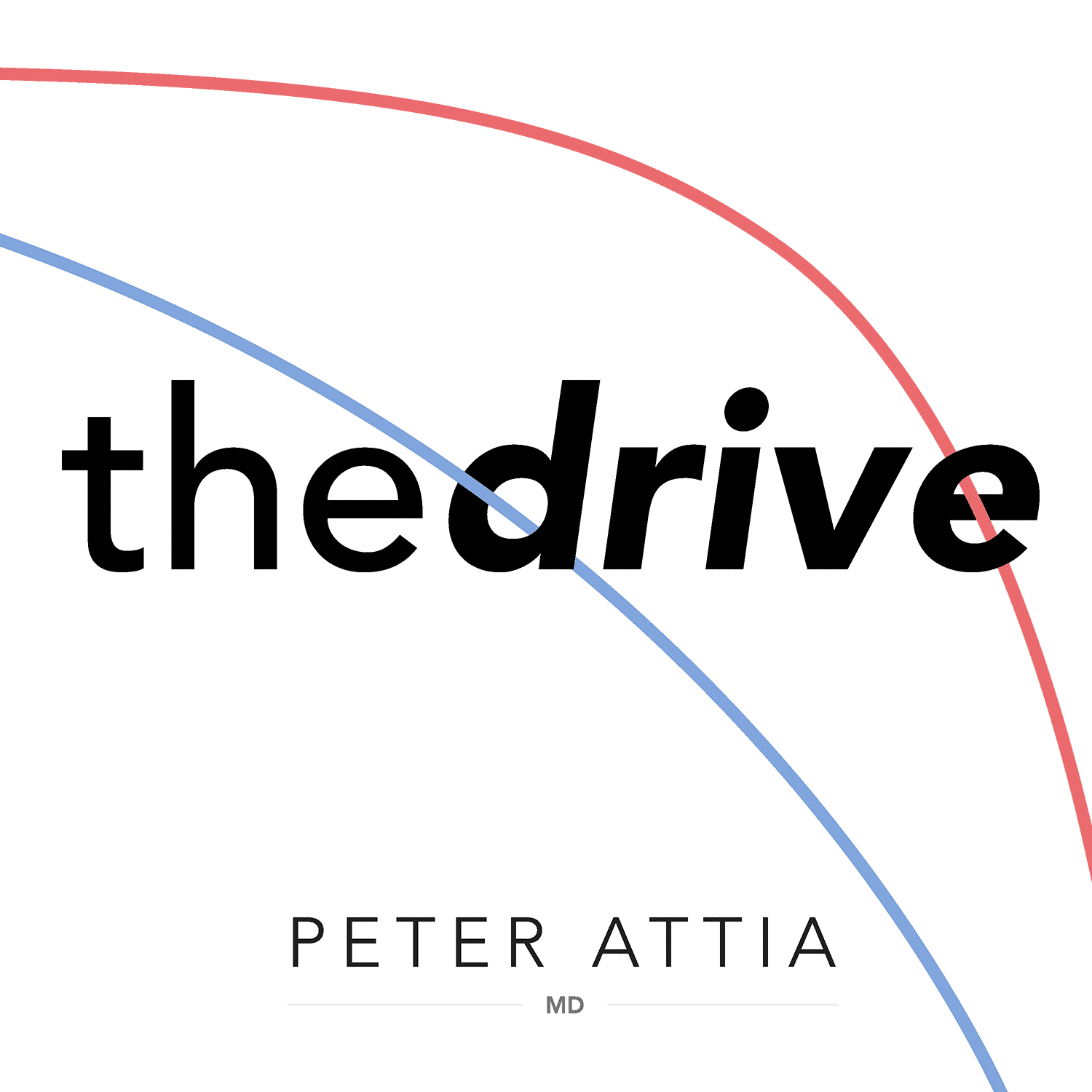
#244 ‒ The history of the cell, cell therapy, gene therapy, and more | Siddhartha Mukherjee
Feb 27, 23 | 01:40:45
View the Show Notes Page for This Episode
Become a Member to Receive Exclusive Content
Sign Up to Receive Peter’s Weekly Newsletter
Siddhartha Mukherjee is an oncologist, Pulitzer Prize-winning author, and previous guest on The Drive. In this episode, Sid discusses many of the subjects of his latest book, The Song of the Cell, including the incredible discovery of the cell and how it transformed medicine. He explains the evolutionary drive to go from single-cell to multicellular life and unpacks the four different types of cell-based therapies and the problems they are attempting to solve. He also provides the latest in gene therapy, such as CRISPR, and the ethical questions around human gene editing. Additionally, he touches on a number of fascinating topics, such as the challenges of medical science, the human brain, learning styles, his writing process, mental health, and more.
We discuss:
- How the cell brings the genome to life, and how Sid’s recent book fits into his prior work to tell a story [2:30];
- How the germ theory of disease and an understanding of the cell fueled a big leap in medicine [9:45];
- What is the evolutionary drive for multicellular life? [17:15];
- Four types of cell therapies and the challenges of gene therapy [26:00];
- CAR T-cell therapy: promising gene therapy for cancer [36:30];
- The possibility of using gene therapy to treat germline mutations like sickle cell disease [41:45];
- The incredible revolution of gene editing with CRISPR [45:15];
- Ethical questions around human gene editing [52:30];
- The complex role of genetics in mental illness [1:01:30];
- Two types of problems in science: the “eye in the sandstorm” problem and the “sand in the eye” problem [1:06:15];
- Understanding neural networks: an example of the “sand in the eye” problem being solved [1:08:45];
- Importance of learning by doing: comparing the learning styles of a doctoral student to a medical student [1:16:30];
- Sid’s unique and brilliant style of writing [1:20:45];
- Falling as the leading cause of accidental death: a liability of multicellular existence [1:25:00];
- Sid’s struggle with depression and his desire to change the stigma around mental illness [1:29:15]; and
- More.
Connect With Peter on Twitter, Instagram, Facebook and YouTube